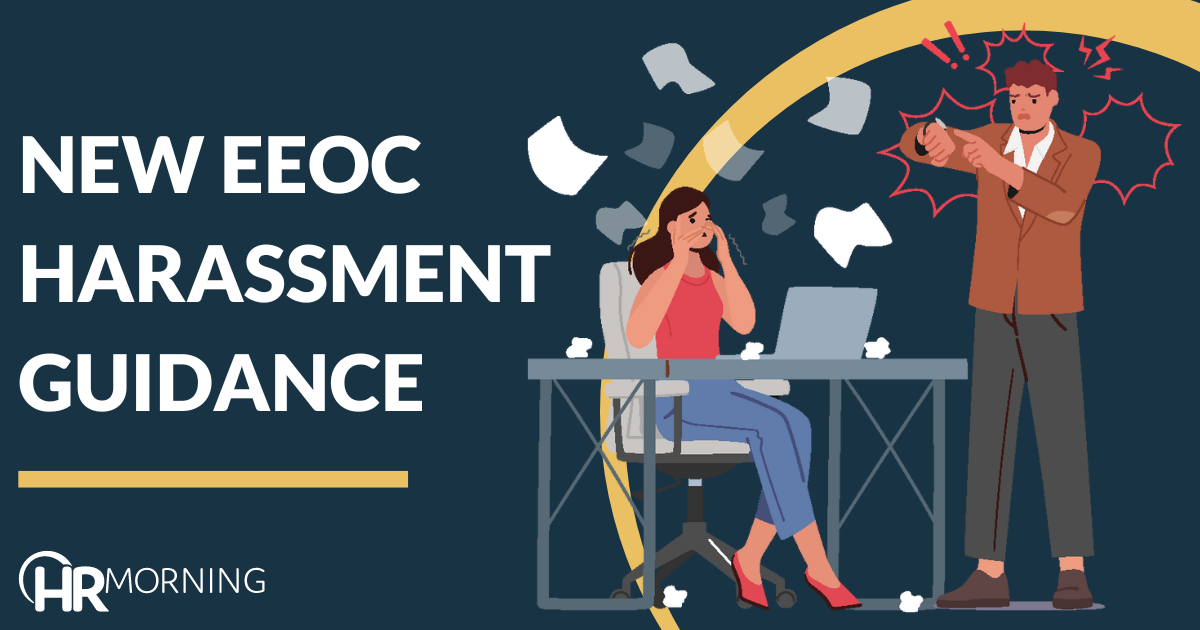Not Again! OSHA Seeks $262K After Worker Is Badly Hurt
OSHA has proposed that a Wisconsin baking facility operator pay nearly $263,000 in penalties following its investigation into an injury suffered by an employee at the plant. The investigation marked the second time since 2019 that the federal safety watchdog agency opened an investigation into potential safety-related issues at Minnesota-based Pan-O-Gold Baking Company’s Wisconsin facility….








